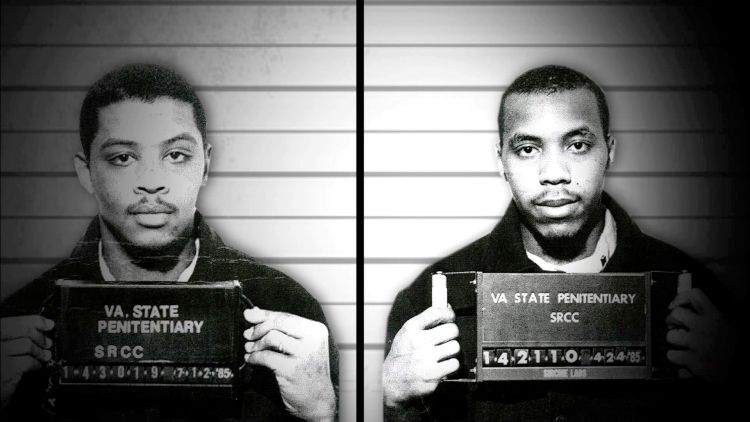Adding to the systemic failure were former Assistant Attorney Generals Anne Kaczmarek and Kris Foster who were found by the courts to have withheld exculpatory evidence regarding the timing and scope of Farak’s drug abuse and committed fraud on the court in order to minimize the fallout from Farak’s misconduct. Moving forward, there are measures that can be taken to evaluate and prevent such a disaster from occuring once again and possibly convicting innocent people.
- With institutional failures like this, it is critical that such a breach of ethical, legal and scientific standards that could potentially impact the integrity of a legal case’s outcome be corrected. As recommended by the National Commission on Forensic Science (NCFS), any lab that encounters forensic missteps has a duty to rectify those breaches through a root cause analysis to find the systemic source of the problem. In both Farak and Dookhan’s cases, root cause analysis was performed and we now know what the systemic problems were. This can help establish the scope of the issue before conducting a more specific review to identify errors. Corrective, systemic action must be put in place and a policy must be implemented that prevents future crises from happening again.
- We also advise following the NCFS’s guidelines, that criminal justice stakeholders have a duty to notify the vast number of defendants whose cases were impacted by this crime. The tens of thousands of individuals affected should be identified and informed, including anyone who pleaded guilty, are no longer incarcerated or ultimately found guilty. Those outcomes were all based on tainted or inaccurate forensic evidence, possibly altering the end result and veering from the truth.
As of now, Kaczmarek and Foster — who only compounded the offenses of Farak with their prosecutorial misconduct — have yet to face a disciplinary hearing for the roles they played in the largest drug lab scandal in Massachusetts history. It has been nine months since both were formally charged with ethics violations by the Massachusetts Board of Bar Overseers — and it has been almost three years since Superior Court Judge Richard Carey found (in June 2017) that these attorneys committed “egregious” misconduct and “a fraud upon the court.” Both attorneys abandoned their fundamental obligation to investigate and disclose the far-reaching misconduct of a state drug lab analyst who mishandled thousands of cases, and instead perpetuated the injustice. Yet they remain licensed to practice law to this day.


Leave a Reply
Thank you for visiting us. You can learn more about how we consider cases here. Please avoid sharing any personal information in the comments below and join us in making this a hate-speech free and safe space for everyone.